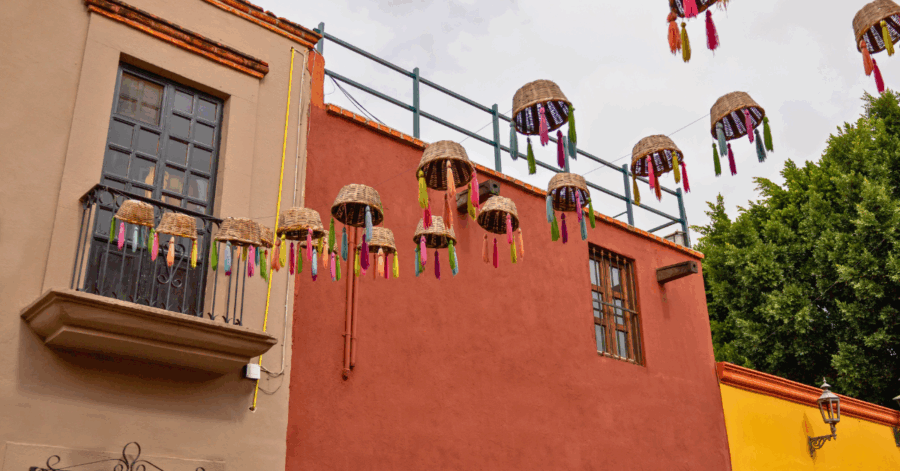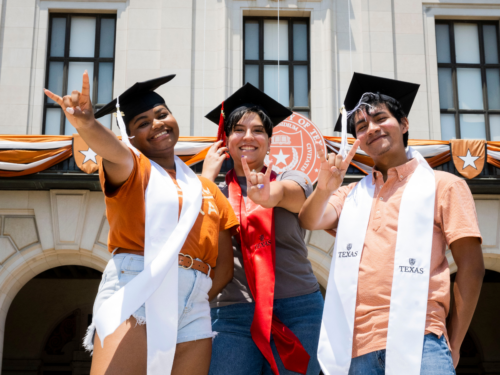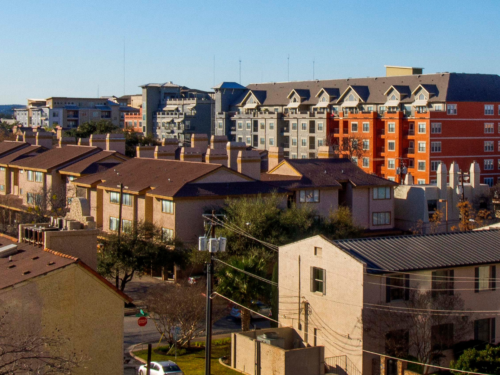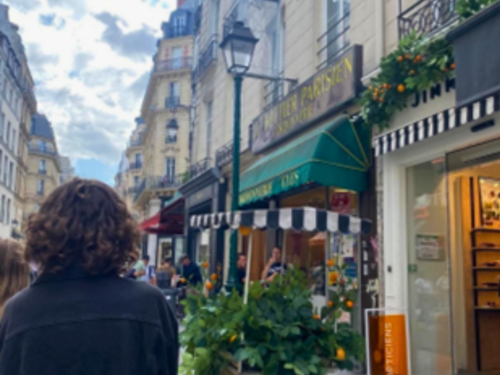
In my last post, I talked about the importance of pressing into the home culture when studying abroad. I wanted to use this post as an opportunity to give a practical example of how I did exactly that.
Every Tuesday I had a class called German Literature in the 19th Century in the afternoon. It was taught in German and the majority of the students were German native speakers. This challenged me to understand German history through the lens of German culture. It also challenged me to have extremely high level conversations in German while knowing that I would not sound at all intelligent because of my limited vocabulary. Finally this class challenged me to make friends with students outside of my group of exchange students.
After my class, I would meet my friend Martina to go help out at a Cafe for refugees run by a local church. The cafe allowed mothers a place where they could get out of the house, but also have people they trusted watch their children. They were also provided clothes with clothes and other necessities. During my first time there, I learned that the women did not speak any English or German. I only speak a very small amount of Arabic. After saying a greeting I was reduced to smiling and pointing. Martina and I soon decided to we would be more helpful if we played with the children instead. We had some very sweet moments with both mothers and children, and I was very much challenged to overcome language and cultural barriers. Through this experience I also learned about the individual struggles of refugees as well as local solutions to the refugee crisis in Germany.
After the cafe, Martina and I would go to a Catholic bible study run by a group of nuns. The bible study took place on the second floor of the catholic church. We would sit on couches and drink tea and discuss a different passage each week. This was challenging to me because I knew very little about how Catholics view the bible and did not always understand the explanations the nuns gave. Their English vocabulary was limited at this level, as was my German vocabulary. So we made due with approximations. I also did not always agree with their views, but learned when to speak and when to be silent in respect for my hosts. One time, someone high up in their organization came to visit from Spain. This was particularly interesting because one of the nuns translated his whole speech from Spanish to German for us. I don’t think Martina or I understood most of it, but we pretended as if we did. This experience was especially valuable to me because of the way that the nuns welcomes us into their lives wholeheartedly even though we did not always understand one another.
As a result of our Tuesday adventures, Martina and I got especially close. She introduced me to her group of wonderful friends and would later take me to dinner with her family when they visited from Slovakia. And she would also be the primary person who helped me when I lost my wallet, phone, and apartment keys later on. I am so thankful for her and our friendship. I know that whenever I go back to Europe, we will visit one another and it will be as if I never left.
To hear about my continuing adventures with my friends from study abroad, click here.





